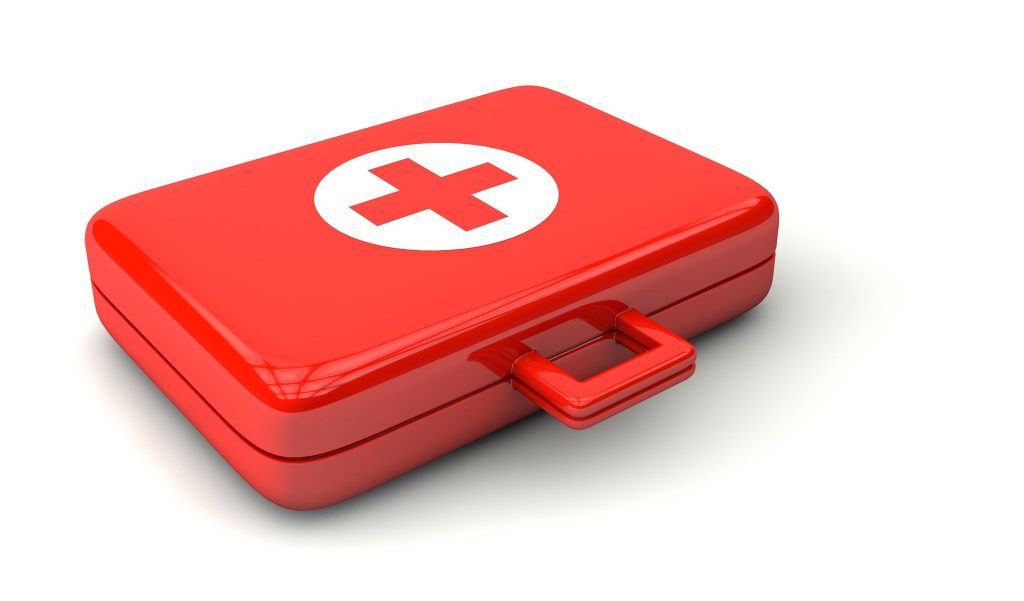EpiPen prices soar, executive salaries soar higher
3 min read
Pixabay
By PETER TEAGLE
One of my cousins has a peanut allergy and carries an EpiPen at all times. I am incredibly thankful that she comes from a family that can afford to pay Mylan’s obscene prices. Mylan N.V. is an American global generic and specialty pharmaceuticals company registered in the Netherlands. They focus on providing EpiPens to people with severe allergies. There are roughly 15 million people with food allergies in the United States including one out of every 13 children, which is approximately two per classroom.
In a post Martin Shkreli, an American entrepreneur and pharmaceutical executive, world one would think pharmaceutical CEOs would take measures to avoid the damning publicity brought on by a random price hike.
Apparently Mylan CEO Heather Bresch viewed people’s lives as the cost of doing business when she oversaw a series of price hikes that have driven the cost of the life saving EpiPen from $100 to $600 per two pack.
Mylan’s EpiPen price increase would be far less problematic if they did not have a near- monopoly on this technology. Competitor AuviQ is no longer on the market and similar generic devices are difficult to produce for smaller companies, meaning that off-brand solutions still hover around $400.
These costs can be challenging or impossible to absorb for low income families, who often have low quality, high deductible health insurance plans that do not cover the cost of the devices.
The entire situation serves as a dual indictment of “Big Pharma” and the for-profit health insurance system in this country. Both Mylan and the insurance companies are actively punishing people for being born with a condition. Mylan executives arbitrarily raised the price of this product and are relying on customers desire to stay alive to market a device that was invented nearly 40 years ago by a NASA scientist.
Our system has allowed a private company to monopolize a product invented by a publicly funded federal organization.
This exposes a serious problem of for-profit health care: everyone will need health care or medication at some point in their lives and there is no reason for these companies to provide the service cheaply since they have a captive market. Executives at companies like Mylan routinely show that their desire to pursue billions in profit outweighs their concern for the lives of their customers.
Companies should not have the power to hold the fear of death over someone's head to sell an artificially expensive product since they have clearly illustrated that they cannot be trusted with that power. Furthermore, those with medical conditions should not have to choose between paying their rent or buying a drug they need.
This means that many of you, whether you know it or not, encounter someone like my cousin every week. While many of you may feel very strongly about private enterprise and an unregulated free market, try to think about this issue in terms of its human cost.
Would you feel differently about government involvement in healthcare if it was your cousin instead of mine? If someone like my cousin is susceptible to severe allergic reactions and cannot afford an EpiPen because of an executive’s greed, they will need more than your small government ideology to help them breathe.


